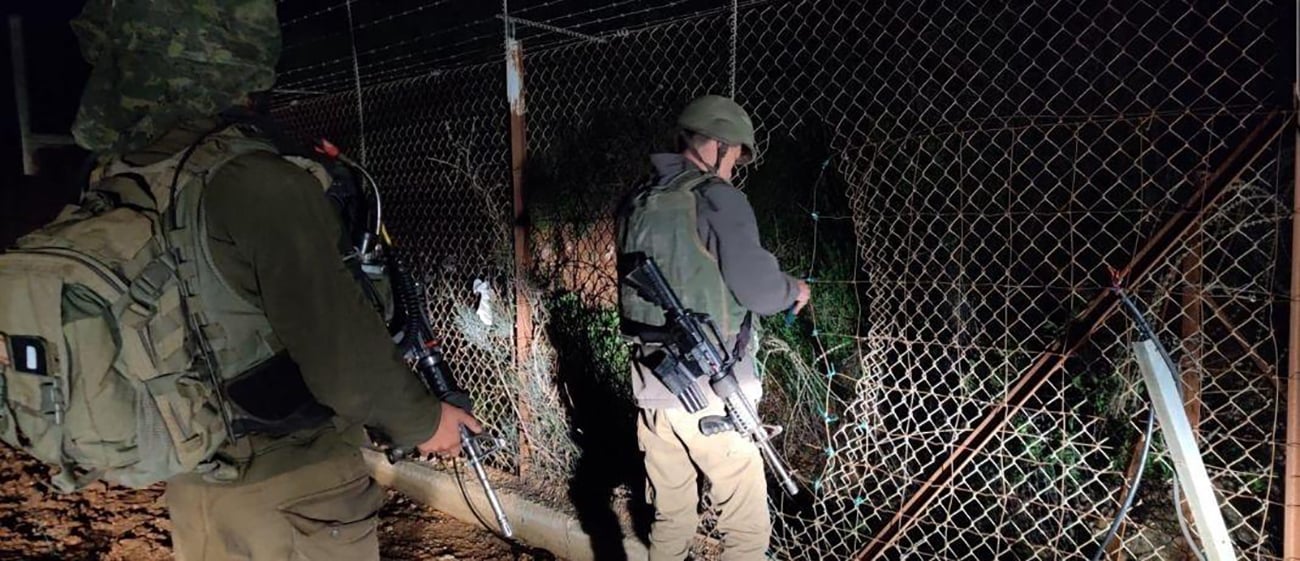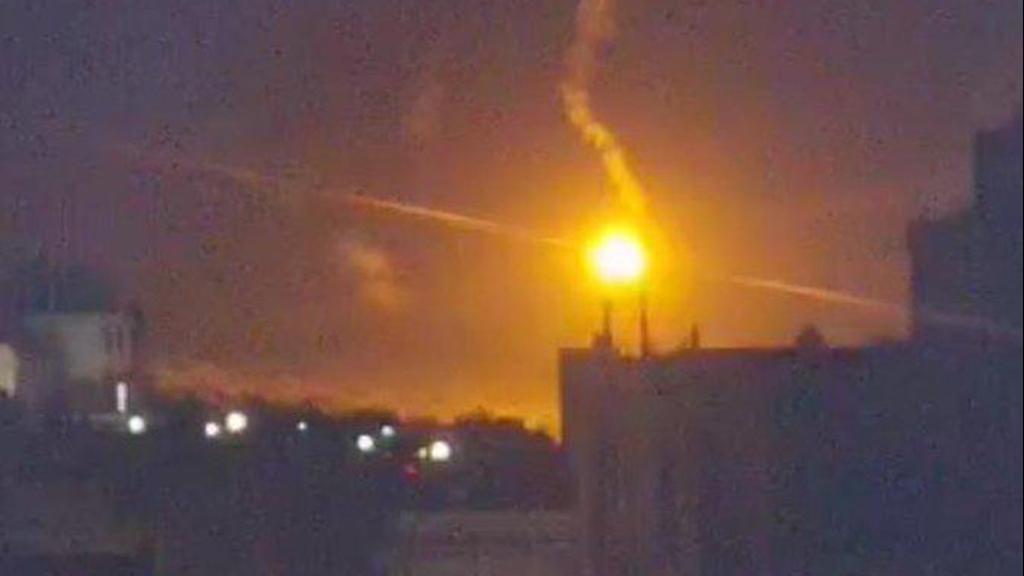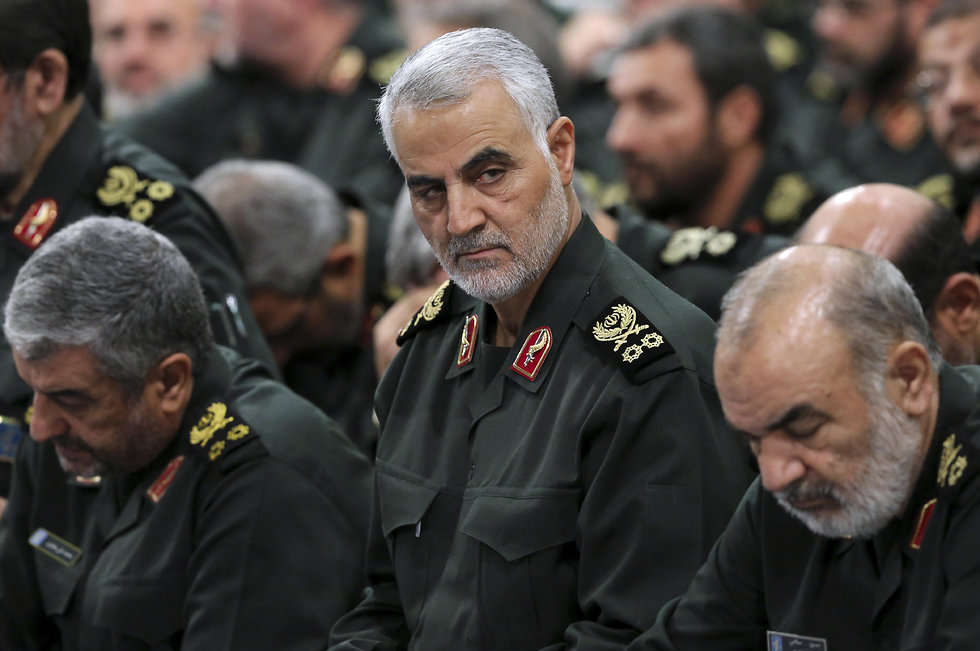Getting your Trinity Audio player ready...
The Northern Command reports it has seen an increase in the number of people trying to illegally cross the border from southern Lebanon to Israel over the past two months.
Although most incidents are of criminal nature, i.e. drug trafficking and arms smuggling, the Galilee Division treats each event as a potential terrorist attack, which involves deploying large forces and attack helicopters.
IDF forces managed to foil some of these attempts and even arrest smugglers upon their arrival in Israel.
In at least one case, two suspects were arrested and released by police the next day.
The latest incident took place on Tuesday where two Sudanese nationals were detained by security forces while trying to cross the fence near the border town of Dovev.
In their investigation, the two men said they were laid off earlier that day from their jobs washing dishes at a restaurant in Beirut that was closed due to the financial upheaval caused by the coronavirus outbreak, which landed a devastating blow to the Levantine country's already-struggling economy.
The IDF estimates that Lebanon, which has also experienced severe economic and social crises over the past two years – will struggle to bounce back from the economic ramifications of the pandemic.
However, Northern Command officials say they have yet to find a link between all these incidents, which may indicate that Hezbollah and the Lebanese army are losing their grip on southern Lebanon.
The military also does not rule out the possibility that Hezbollah operates some of the infiltrators to monitor IDF activity and gather intelligence.
In such incidents, IDF forces may also respond by shooting at job seekers or smugglers and kill them, as happened before in smuggling events on the southern border with Sinai.
All the while, Hezbollah leader Hassan Nasrallah promises to respond firmly to Israel killing any Lebanese citizen.
The terror group has been facing a colossal crisis following the targeted killing of Iranian Revolutionary Guard Corps Commander Qasem Soleimani by the U.S. earlier this year.
Soleimani's successor, Esmail Ghaani, wasn't quite able to step into the shoes of the slain general which led, in turn, to a power vacuum that affects Hezbollah and Iran's efforts to base itself in war-torn Syria.
Soleimani's assassination also led to the rise of Nasrallah among the Shi'ite world, as he is now seen as the "responsible adult" whose people keep operating on the Syrian Golan.
In parallel to Hezbollah's headquarters in the Syrian Golan, the terror group is also operating a special unity meant to create infrastructure to facilitate terror attacks against Israel.
One of this unit's squads was attacked by the IDF in early March after snipers opened fire against Israeli targets in the northern Golan Heights.




